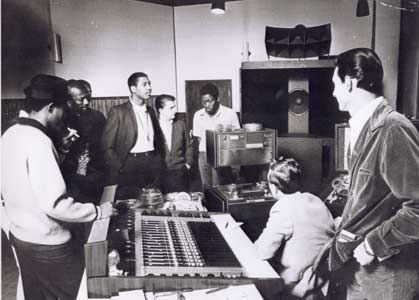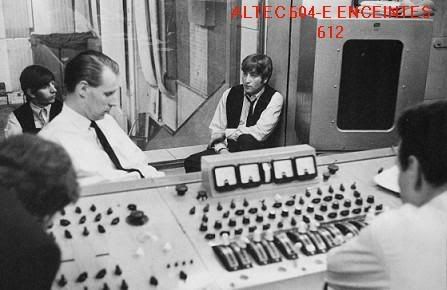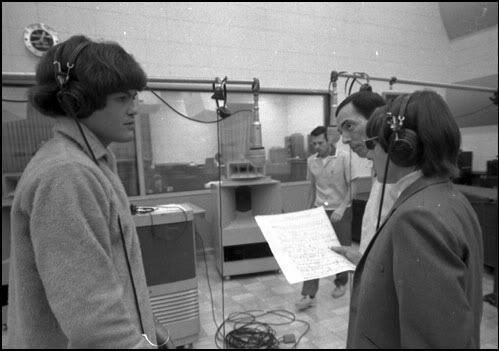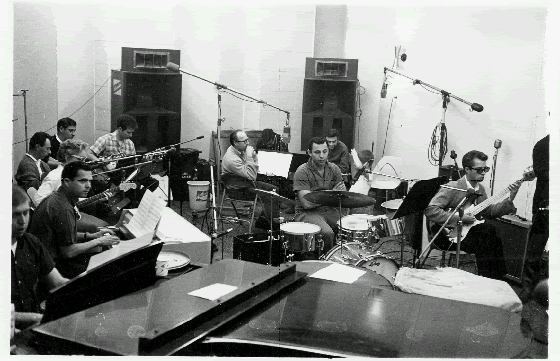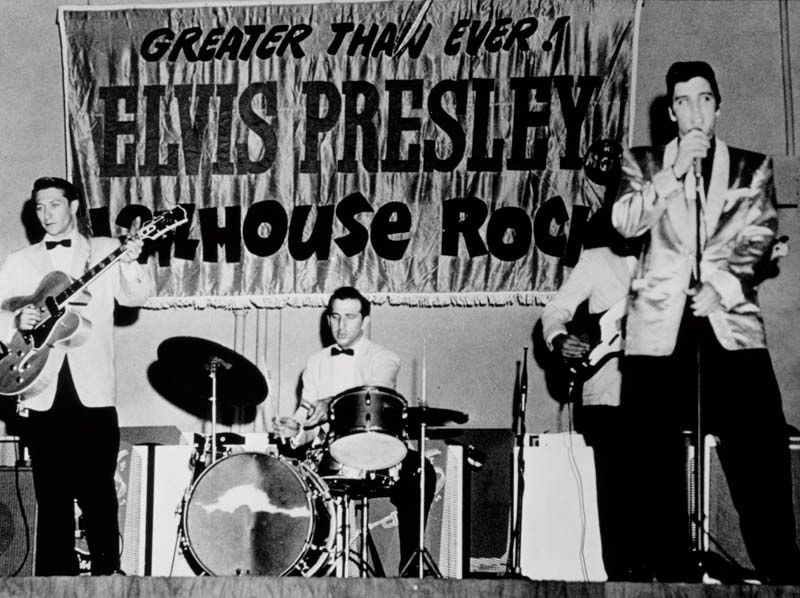I'm an engineer, musician, composer, and music lover (varying degrees of skill and talent). In creating speakers from this POV, I have struggled a bit with the accuracy/euphony issue. Here is what I think it boils down to: One stands the best chance of creating one's preferred flavor of euphony when starting with a system that is capable of faithfully reproducing the sounds that originally reached the microphones. Some will prefer not to add colorations to such a system, and might say they prefer an accurate sound. Everyone with such a system will have the option, however, of varying most of the factors that affect euphony to suit shifting taste and mood without investing in a new system each time the urge strikes, not that this is necessarily an attractive benefit.
I think this defninition of accuracy is in line with the classic notion of high fidelity. I have heard "hi-fi" used in a pejorative sense these days, though, which is unfortunate. I think it got this way because the term has been widely misapplied to various sorts of coloration that sound exciting or fresh or whatever in the short run, but ultimately detract from the experience of the music. I know I am simplifying, but now people seem to say "hi-fi" to connote sterility or edginess, "accuracy" to connote a lack of euphony, and "euphony" to connote something that contributes to the emotional connection. Anyway, starting with the basic idea that euphony is different from accuracy, I do not think accuracy is antithetical to euphony.
I believe systems that are high in fidelity are advantageous, and have put a priority on this type of accuracy when developing speakers. I have heard supposedly accurate speakers accused of sounding "analytical", but I would say that they are either not as accurate as they are suppsoed to be, or there is some other factor in the system, room or recorded material. Also, uncontrolled factors mentioned by others in this thread, like stongly colored studio monitors and primitive microphones affect playback on euphonious systems just as much as accurate ones.
About needing to play an instrument to appreciate music, I'll have to say that I think this is not the case. In fact, it can lead to a preoccupation with technical matters, such as a musician's or a conductor's technique and interpretation, which detracts from emotional engagement with the music. Also, an understanding of music composition leads to a similar distraction. One can easily find oneself analyzing the music instead of experiencing it, and worse, when one can see the thinking behind the music, this dilutes its mystery and magic. One might as well suggest that everyone learn how to design amplifiers. Believe me, their charm is much reduced. Also, anyone who feels they might be guilty of underappreciating a performer's or composer's talent can fix this much more quickly and easily than with lessons and classes, just by singing a made up song into a microphone and playing it back.
On the general topic of engagement with the music, it is important, I think, and someone else mentioned this earlier, important to ignore the system at some point, and just be immersed in the music. For me, this is easier to do when the system has no sound of its own, and the room has no huge bumps or dips, and a bunch of other things, but these are not requirements. I've even got goose bumps from my car radio, for heaven's sake, in a good sense, I mean. For others, immersion is easier when the system is euphonic in one way or another.
Anyway, FWIW, I like that there is no end-all in the audiophile pursuit, even for those chasing the ultimate in accuracy. There will always be something distinctive about every system, and no playback will be exactly like the original performance. All we can shoot for is playback that is as enjoyable as a live performance, and we can feel proud when we achieve it. It's both the fun and the frustration.

